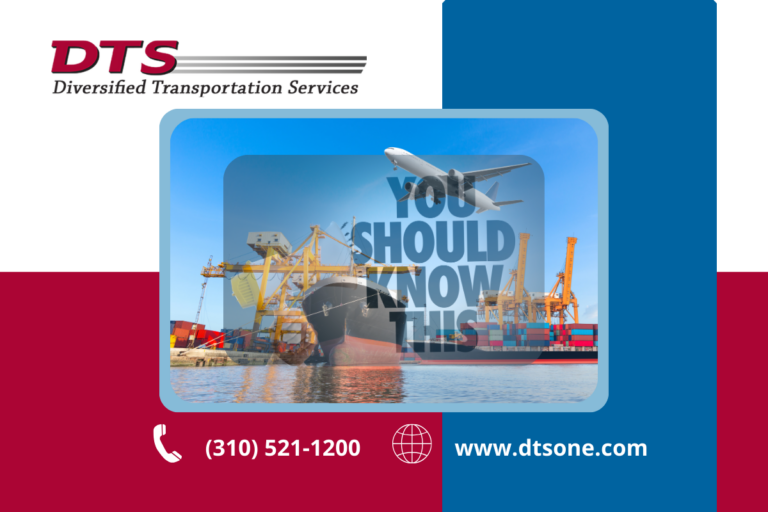
International freight shipping is a natural next step for growing businesses. Even for established businesses, international shipping is never a sure thing – changes in laws, available shipping lanes, and a multitude of other factors mean that international shipping is never consistent.
There are still a handful of constants when it comes to shipping freight internationally, however, and that’s what we’ll review here.
Like domestic shipments, air freight shipments require an origin address as well as a destination address.
Unlike domestic shipments, depending on the country you’re shipping to, that destination address may look nothing like the address format that you’re used to. Shipping to locations in China, for example, may not have the most straightforward address, especially if it’s to a district that’s not in a major city.
Even shipping to Puerto Rico, which is a US territory, starts to become difficult – some addresses are conveyed as intersections or just a street with no number. Looking up a hospital – Hospital Auxilio Mutuo – on Google Maps shows only the street the hospital is on, no number. The street listed is a large one, as well, traversing much of the city, so you better hope if you’re shipping supplies to the hospital that the carrier you’re using knows which hospital that is!
This type of insider knowledge about the best carriers for various countries is just one major reason to utilize the services of an outsourced International Logistics provider such as Diversified Transportation Services. Let us, manage the international shipments, and let your shipping team focus on your specific needs.
Experienced international shippers already know that each country has its own restrictions, licensing, and/or special provisions for imported goods.
You can look up these country-specific requirements on most major carrier websites; UPS has one, and FedEx.
On top of that, there’s a list of items that may (or may not) be unable to be shipped out of the US to another country. These items include, but aren’t limited to:
Some countries have stricter requirements than others, and while what I listed above may seem obvious, not all restrictions are as obvious.
China restricts importation of tobacco, alcohol, gold & silver products, as well as radio reception equipment. Egypt prohibits things like contact lenses, Viagra, electronic cigarettes, or Cash on Delivery shipments.
The point is, that there’s a whole lot more to air international shipping, and in stricter countries, such as Egypt, knowing whether the batteries being included in your product fall under their restrictions is mandatory.
Again, that type of experience and knowledge is why it can be valuable to partner with an international logistics provider, like Diversified Transportation Services.
Customs requirements vary from country to country, but there’s a standardized guide used worldwide to help identify goods being imported.
This guide is called the Harmonized System, and it’s where you’ll find the correct tariff code to include on your customs forms. Without this code, your freight shipment could be significantly delayed, if not rejected outright.
There are usually multiple pages for international customs forms, and you’ll want to be sure you’ve properly filled out everyone's information.
There are two major methods of shipping freight long distances, to and from different continents.
Ocean freight takes longer and is more exposed to heat and cold during transit. If your freight is sensitive to temperature, or even humidity fluctuations, you may want to talk with your international logistics provider on the best solution for your products.
Air freight is significantly faster, but with that comes a price increase. Understanding the cost vs benefit analysis of speed vs low price is essential to deciding if air freight is the appropriate shipping method for your products.
When you’re shipping smaller quantities with higher profit margins, it can make more sense to have expedited air freight shipments
But when it comes to large quantities of low-profit margin items, especially those that aren’t perishable, ocean freight can be an exceptionally cost-effective way to ship large amounts of freight.
If you’re unsure of how to package your freight for the long (or short) journey, you can check out the packaging section of our Shipping and Receiving guide – just click here.
With a track record of 1 million successful shipments over the last 27 years, you can be sure we have the experience and customer service to help your business manage international logistics.
More than just looking up rates for you, we’re here to be a resource for your shipping team. We don’t replace them – we help them ship better, identifying and helping them achieve the major KPIs of successful shipping.
Plus, we’ll provide your business with access to its portal within our transportation management system. No question of tracking information, documentation, or billing information – you can simply log in and check for yourself.
Diversified Transportation Services is more than just the company you call to get a freight quote. We’re your logistics management partners.
Whether you're a company looking to improve one facet of your supply chain, your entire supply chain, or simply looking for a transportation and logistics consultation, we can help.